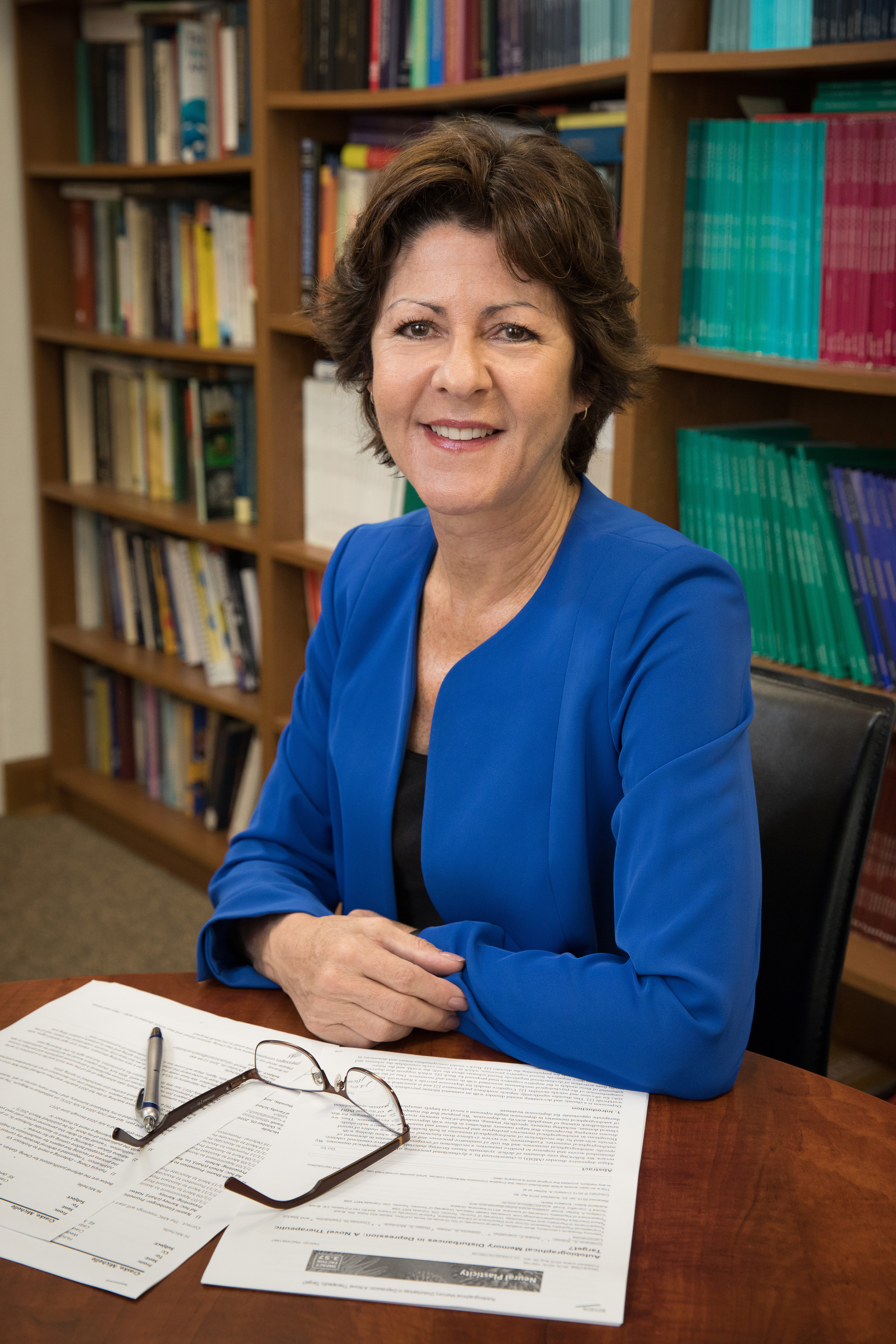Keynotes 2024
The EPA program committee is excited to offer a program of keynote addresses from outstanding researchers across the broad spectrum of psychological specialties. Be sure to join us February 29 through March 2 for another exciting EPA conference featuring these lectures plus papers, posters and symposia that explore the frontier of basic science and application.
![]()

Jennifer Martin, Ph.D.
School of Medicine
UCLA
Presidential Invited Keynote/Clinical Keynote
Title: Treating insomnia: cognitive behavioral therapy and beyond
Description: This talk will discuss evidence-based psychological treatments for insomnia disorder, and highlight new treatment innovations focused on incorporation of components of acceptance and commitment therapy into treatment.

Michelle G. Craske, Ph.D.
UCLA Anxiety and Depression Research Center
Fred S. Keller Distinguished Lecture
Title: Targeting extinction learning and reward sensitivity in behavioral treatments for anxiety and depression
Description: Exposure therapy is an effective intervention for fears and anxiety disorders, but a substantial number of individuals fail to respond or show a return of fear. Translation from the basic science of extinction learning offers strategies for increasing response rates and reducing return of fear after exposure therapy.
.png)
Allyson Mackey, Ph,D.
University of Pennsylvania
Psi Chi/Developmental Keynote
Title: Environmental influences on brain plasticity during childhood.
Description: Children’s brains need to be plastic: they need to rewire in response to new experiences. Brain plasticity is constrained by maturational processes like myelination and inhibition; and enhanced by motivation and its associated neurotransmitters. Unfortunately, early life stress can both speed up maturation, and impact motivation circuits in the brain. This talk will explore how early adversity influences maturation and motivation in humans, with consequences for how children think and learn.
.jpg)
Kenneth Carter, Ph.D.
Oxford College of Emory University
Teaching Keynote
Title: Psychology in Context: Thrill-Seeking as a Case Study for Integrated Learning
Description: Organizing a course around a central theme can provide much-needed context to help students learn psychological concepts. A rich central theme can advance critical thinking, increase motivation, and foster active learning. In this presentation, I’ll demonstrate how the psychology of thrill-seeking can serve as such a theme.
.png)
Cognitive/Social Keynote
Martha Farah, Ph.D.
University of Pennsylvania
Title: The Cognitive Neuroscience of SES and its
Social Policy Implications
Description: What has neuroscience taught us about socioeconomic disparities in
cognitive ability and mental wellbeing?The field has begun to make progress, which I will
attempt to summarize in the first half of this lecture.Does neuroscience have anything useful to contribute
to reducing the disparities just mentioned, byimproving the cognitive and affective lives of SES
individuals? This is a harder question to answer, but Iwill share thoughts on prospects for effective
neuroscience-informed policy.
.png)
Applied/International/History Keynote
Jutta Schickore, Ph.D.
Indiana University
Title: Historical perspectives on scientific method: Control, replication, and uncertainty
Description: Best practices in experimentation are often characterized as “rigorous”, whereby scientific rigor is defined as “the strict application of the scientific method to ensure unbiased and well-controlled experimental design, methodology, analysis, interpretation and reporting of results” (NIH). “Scientific rigor” is a recent term, but concerns with robust and unbiased inquiry date back to pre-modern times. This talk examines past understandings of best practices in research, focusing on control, replication, and the fallibility of scientific research.

